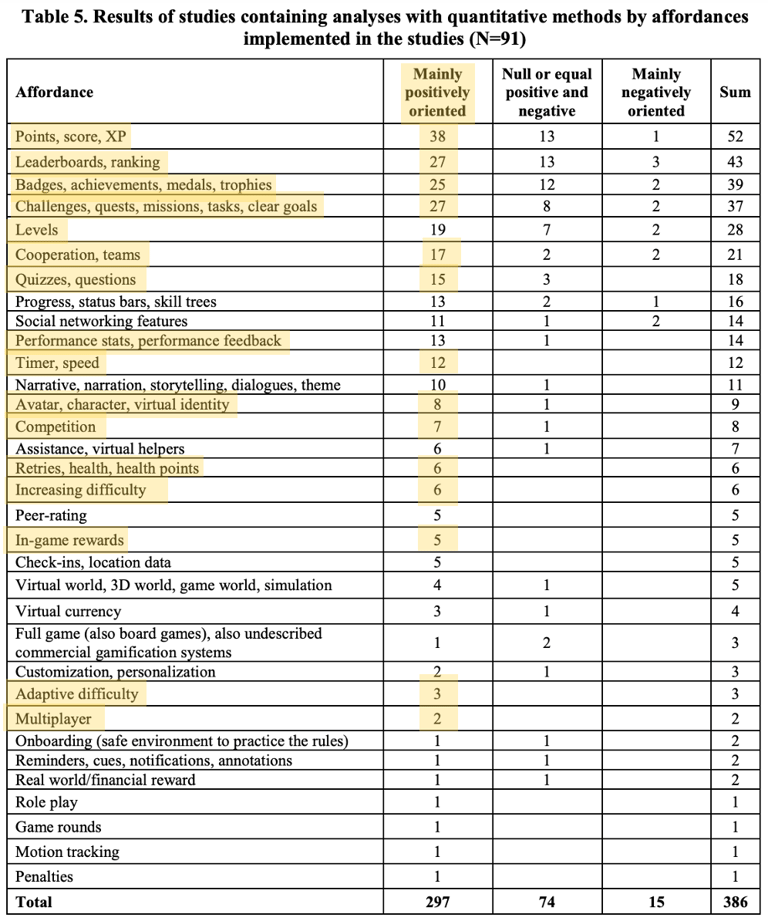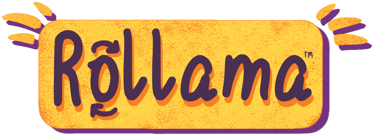First Principles
Here are some of the underlying principles which have guided the design of Rollama. They may help you to explain the benefits to your head of department or colleagues, or to understand our line of thinking on current design choices.


Grammar, punctuation, and spelling are foundational to fluent communication; they enable accurate and clear expression. They are the glue which binds ideas. Without them, meaning falls apart.
In building Rollama, we have drawn on the latest educational research and our 25 years’ experience in classrooms, teaching English to students aged 8 to 16.
Aim: To help children write with clarity and confidence.
The Science
Newly-learned information is quickly forgotten without effort to recall it via review or revision[i].
Each subsequent revision can strengthen a memory and increase the chance of material being internalised and pave the path towards unconscious fluency.
[i] Bjork, R.A. & Bjork, E.L. https://bjorklab.psych.ucla.edu/research/
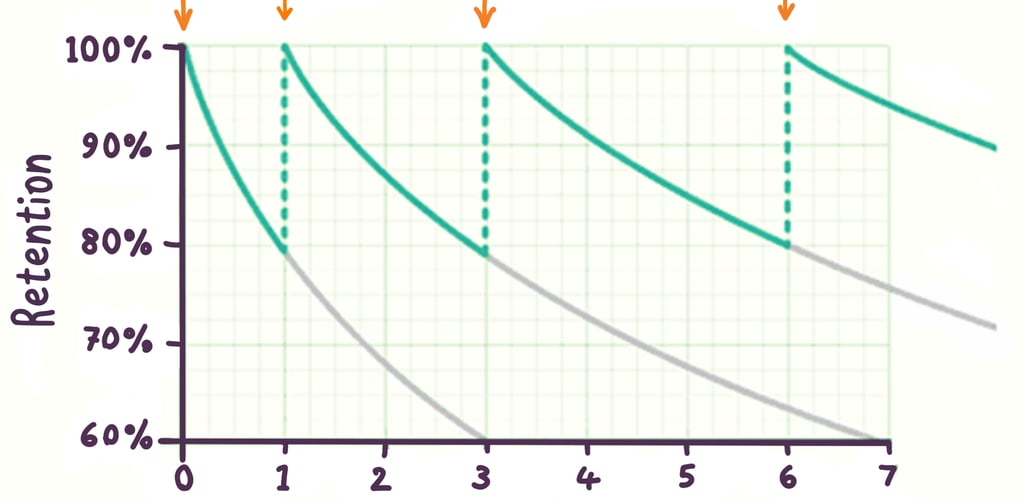

Hermann Ebbinghaus, via https://blog.wranx.com/ebbinghaus-forgetting-curve
Retrieval Practice
The ‘testing effect’ has been shown to generate greater performance versus tradition studying [i]. It is a counter-intuitive result of research that frequent low-stakes testing is likely to have a greater positive impact on learning. Scientists theorise that the act of recalling from memory can increase the retrieval strength of those facts, freeing some of the limited space of working memory.
[i] Roediger, H.L. & Karpicke, J.D. (2006). Test-Enhanced Learning – Taking Memory Tests Improves Long-Term Retention. Psychological Science. Washington.
Yerkhan, A.M. & Woollard, J. (2019) Proving what is thought: The efficacy of MCQs. CAS Research Meeting, Raspberry Pi Foundation, Pi Towers, Cambridge, United Kingdom. 22 Feb 2019.
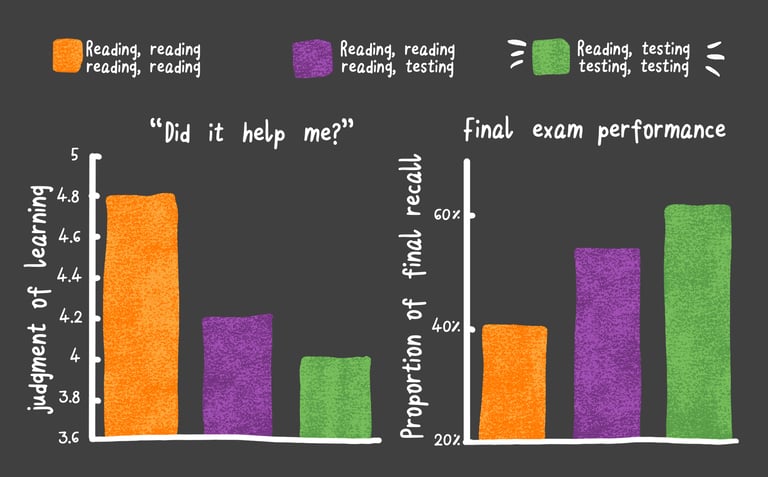

The Testing Effect
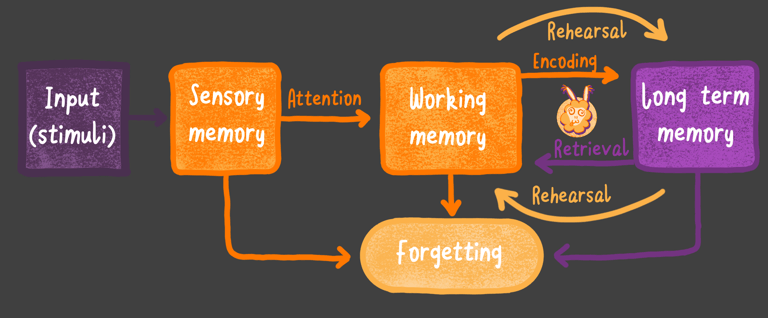

Learning which is sustained and distributed over time is more likely to stick than ‘massed practice’ or ‘cramming’.
Regular rehearsal and aids encoding from our limited working memory into our seemingly unlimited long term memory. This frees up capacity to pay attention to new input, and apply learned material in new contexts.
Counter-intuitively, this process is aided by forgetting, which allows information to be more securely encoded upon rehearsal and revision.
Making rehearsal fun is a key aim of Rollama.
Long-term memory
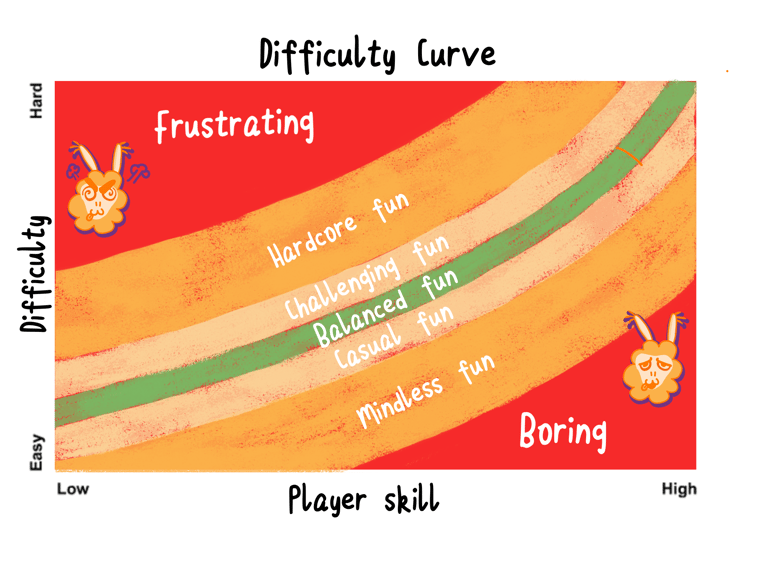

Gamification of learning via software has numerous benefits. The system can provide instant feedback on correct and incorrect inputs, track performance for formative adjustment to instruction[i], and provide large, differentiated question banks at an individualised level.
In-game rewards create an incentive for students to keep coming back regularly and enable the habitual rehearsal which leads to fluency.
Rollama is designed to adapt to users' needs as their proficiency increases. Teachers can track and guide usage to ensure students are getting the most out of the system.
Fun is a sign of a good fit between difficulty level and user proficiency. Our games are designed to engage students in a balanced way which does not cause frustration or boredom.
[i] Wiliam, D. (2010). An Integrative Summary of the Research Literature and Implications for a New Theory or Formative Assessment, in H.L. Andrade and G.J. Cizek (eds.) Handbook of Formative Assessment. Taylor & Francis: New York.

Native speakers generally absorb the grammar of their L1 (first language) through usage alone. Some explicit teaching of uncommon or esoteric parts of speech may be necessary, plus some guidance on formal Standard English versus colloquial, informal constructs.
These complexities, dialects and spoken abbreviations can be bewildering for those learning English as an additional language (EAL).
At any age, EAL learners are at a particular disadvantage when school is the only place on which they encounter Standard English.
The language of the home and the playground provide the 360° immersion which native speakers take for granted.
Grammar must be explicitly taught for EAL students to attain native-speaker fluency. In mainstream classrooms, this is difficult as there is no additional challenge for native speakers (i.e., once a student has mastered using was/were with every sort of subject, there is no relevant extension to challenge them).
EAL learners need to know the rules then have sufficient opportunity to practise and notice their errors until automaticity is reached. The mainstream classroom does not always provide enough opportunities for this on its own. This is the seed of the problem which Rollama is built to solve.
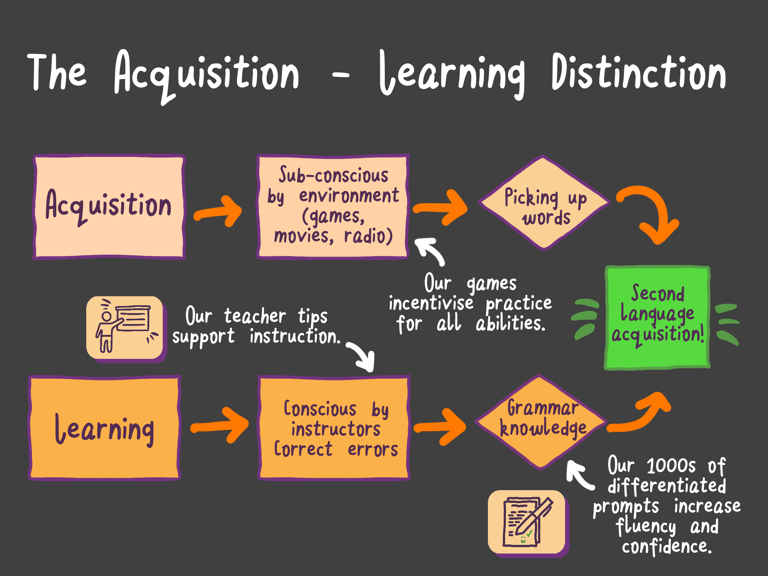



Gamification has inherent benefits for learners. We've experienced ourselves — in learning coding, or Mandarin, or chess.
But even we were surprised when we read the largest meta-analysis of peer-reviewed studies in the features of gamification in learning.
When designing Rollama, many of these features were intuitive — here's a one-liner on why we included each one:
Points and XP to feel a sense of progress and literally 'keep score'
Leaderboards for healthy competition
Medals and trophies to mark achievements
Challenges and quests to focus the player's motivation
Levels for difficulty and a sense of chapters and fresh starts
Quizzes, well — it's what we do!
Performance stats for meta-cognition and self-reflection
Timers to keep things focused
Avatars to give a sense of ownership and investment
Competition to spark enthusiasm and energy
Retries so failure is never a punishment, just a step in learning
Increasing difficulty to form a constructive path over time
In-game rewards to keep students coming back
Adaptive difficulty to allow everyone to succeed
Multiplayer because sometimes you want to share your learning with friends
Did we miss something? Let us know here.
